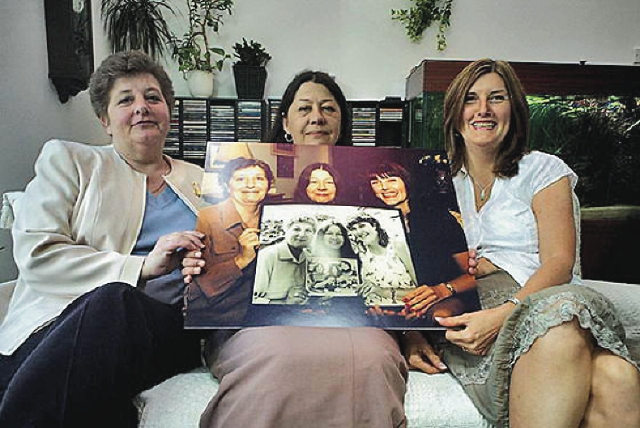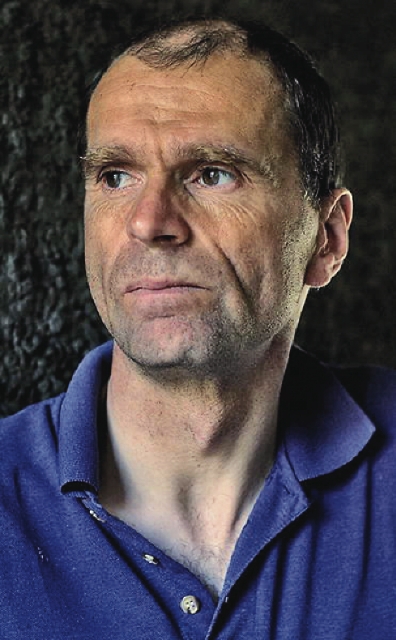49 Up
Director Michael Apted Checks In On England’s Kids For A Seventh Time


“Life just ain’t the same since Herman’s Hermits broke up.”
Latest Article|September 3, 2020|Free
::Making Grown Men Cry Since 1992


“Life just ain’t the same since Herman’s Hermits broke up.”